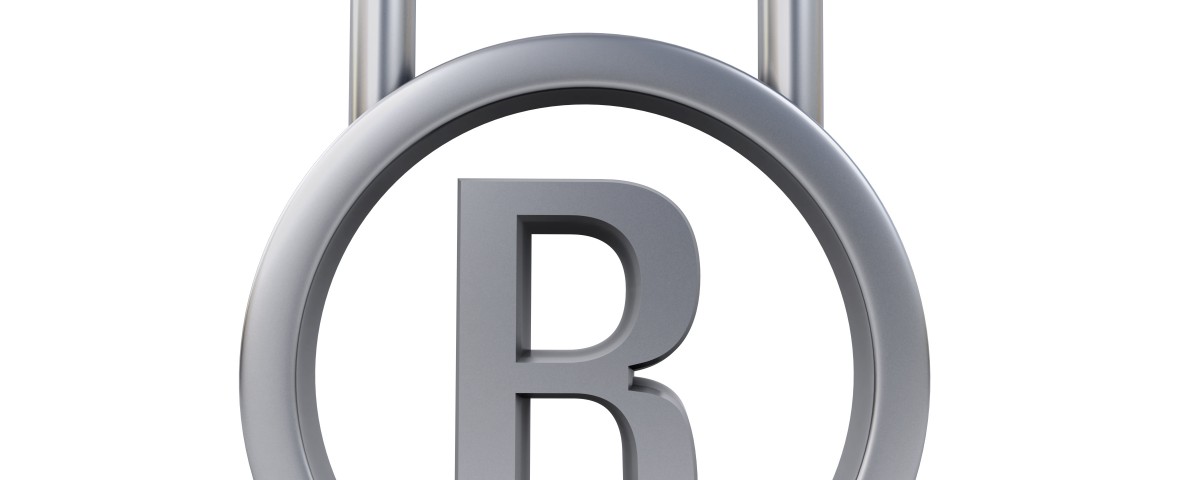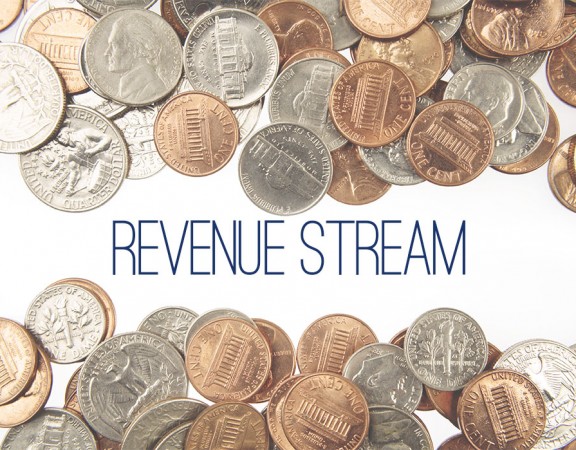Sometimes people point out that it can cost $250,000 – $2,000,000 to sue someone for violating your patent or trademark. Those people never seem to have that free cash floating around (who does?) and so they (logically) wonder, “why should I even bother protecting my intellectual property if I cannot afford to fully defend it?
So, in Letterman-Style (but more serious) here are Ten Reasons why you still want to protect your intellectual property:
10) Control:
The owner of the intellectual property is the one with the right to control it’s use. Most business people are generally law abiding and therefore they will respect this right. Whoever has the right, has the control. Without it, you have no control. Control is critical to leadership.
9) Ownership/Legitimacy:
If you protect your intellectual property, you will be respected by bankers, investors, prospective employees, and etc. as the legitimate owner of the property. This will influence their decisions and determine the options that they consider. You want that respect and access to the options.
8) Attraction:
Intellectual property owners attract talent, strategic alliances, customers, and more. This is a passive benefit that makes everything about doing business easier, faster, and more productive. On the flip-side, people who do not protect their intellectual property appear vulnerable and weak and will attract those who want to exploit that weakness. Think about it, if you do not show the world that you protect your product, will the foreign businessman call you to license it or will he just copy you, since you can’t really stop him?
7) Free “Invisible” Defense:
My clients pay me to defend other people all the time. I am serious. Every patent or trademark search that I do really boils down to me potentially protecting the rights of some stranger. If I spot a problem, I will tell my client and they will generally avoid the trouble. We never tell the person that their registration kept us away and I never send that stranger a bill. But the fact remains that they were quietly and effectively defended because my client does not want to start a fight.
6) Leverage:
Business (and life for that matter) is all about relationships and relationships are full of negotiations and conflict. If you walk into a relationship without any leverage, you lose. It is that simple. Protecting your intellectual property gives you leverage that you can use to make win-win situations with manufacturers, distributors, employees, investors, and etc.
5) Cost reduction:
Protecting you intellectual property can cost thousands and thousands of dollars. But, it is not all that expensive in context with, say, marketing and operational costs. Litigation, however, can be huge. But, if your intellectual property is well protection you are MUCH less likely to be involved in litigation and therefore will spend LESS on lawyers and conflict.
4) Greater profits:
Intellectual property owners generally have higher margins than those selling “commodities” or unprotected goods/services. Typical margins for unprotected goods/services are 1% – 5%. Typical margins for protected goods/services are 4% – 80%. This translates to profits that are about 4x – 80x or more what you would get without protecting your intellectual property. Profits keep companies alive and help them to be contributing members of society.
3) Stronger Exit Opportunities:
When you eventually sell your company, or go public, or do a reverse merger or take on partners, or do something else that “counts” as an exit, the other people involved will value what you have to offer. A major part of that valuation is finding out what assets you have that can be transferred and that could survive if you left the company. 80% or more of that stack of assets can be your intellectual property. Unprotected you could get a deal that is 1/5 of what you should have received. This is the difference between being paid $200,000 for your company or a $1,000,000 for your company. And yet you still worked the same long hours, took the same risks, and waited the same number of years for the payoff.
2) Big Dog Respect:
The largest companies in the world and the largest companies in your industry all protect their intellectual property. They value it and respect it. If you want to do business with them, avoid trouble from them, and perhaps even be an attractive acquisition candidate for them, then you better be aligned with their philosophies of value.
1) Relevance:
People used to make fortunes by finding gold, diamonds or oil. Now, people make fortunes by having great ideas and successfully bringing them to market. Over 80% of the economy is driven by intellectual property. If you want to be relevant to today’s economy, you have to compete in the marketplace of ideas and win. And, you can’t just do it once and then fade away, you have to be sustainable in the face of competition and conflict. Without real protection on your winning ideas, you can end up being a flash in the pan.






